Richard Schweizer
Nascimento : 1899-12-23, Zürich, Switzerland
Morte : 1965-03-30
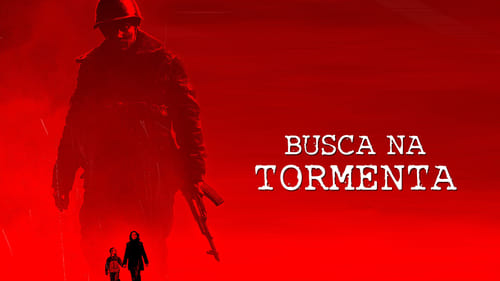
Original Film Writer
Carole é uma enfermeira que trabalha para uma ONG durante o conflito entre a Rússia e Chechênia no final da década de 90. Ela acolhe uma criança chechena que se perdeu de seus pais e paralelamente começa a se envolver com um jovem.

Screenplay
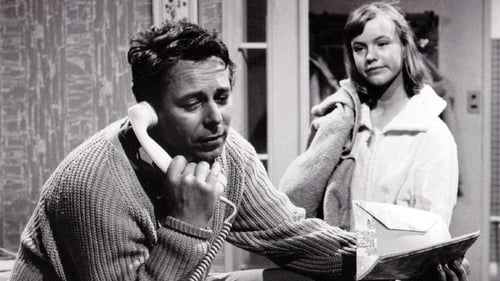
Screenplay
In exploring sex offenses, particularly against children, this film reveals the inner workings of the Zurich police and INTERPOL as they pursue persons accused of voyeurism, rape, fetishism, sadism, and masochism. After the criminals are arrested and given psychological tests, they may be sentenced to an institution or undergo brain surgery (with their consent) in order to be rehabilitated.

Screenplay
The further trials of the wealthy Emmentaler farming family Jowäger and their neighbors, adapted from the second volume of the 19th century novel by Jeremias Gotthelf (pen-name of Albert Bitzius).

Screenplay
The trials of the wealthy Emmentaler farming family Jowäger, adapted from the 19th century novel of the same name by Jeremias Gotthelf (pen-name of Albert Bitzius), which was also published in two parts.

Screenplay
The farmers of a village decide to postpone the construction of a new school in profit of a concentration to cheese production. From a novel by Jeremias Gotthelf.

Screenplay

Screenplay
Uli has been the tenant of the "Glunggen-farm" for two years. His wife Vreneli gave him two children and the couple is happy. But this year, the harvest looks bad and his landlord calls in the rent, as the old man urgently needs money to satisfy the demands of his son and stepson. Desperate to make ends meet, Uli fraudulently sells a cow knowing that she does not produce any milk. He is pursued in court but is acquitted. But then, the buyer curses him... and disaster promptly strikes.
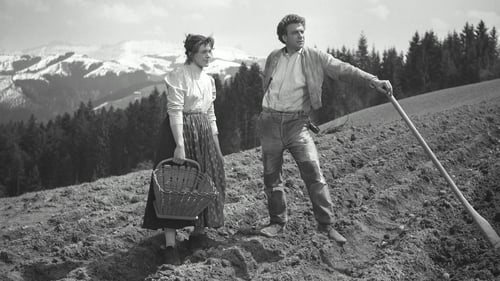
Screenplay
The film traces Uli's progress from his humble peasant surroundings to the homes of the wealthy and prominent. The characterizations are convincing, and the comic interludes surprisingly subtle and believable for a Swiss film. The no-star cast doomed Uli Der Knecht from the start so far as American distribution was concerned. It was another matter in Switzerland, where the film was one of the year's top moneymakers. Uli der Knecht was based on a novel by Jeremias Gottbelf.

Screenplay
Heidi, a young orphan girl living with her aunt in Frankfurt, is forced to move to the Swiss Alps to live with her ornery grandfather. At first, he resents her presence, but, after a short while, Heidi manages to pierce his gruff exterior, and the two become close. She also befriends a young shepherd named Peter. After three years, Heidi's aunt arrives and demands Heidi's return to Frankfurt.
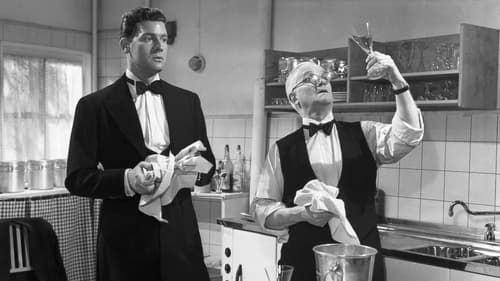
Writer
The paths of guests and employees cross at the Palace Hotel in St. Moritz: A chambermaid experiences financial difficulties. A guest has been robbed. A thief is caught. An assistant cook is promoted to waiter. And there’s no shortage of love in this small world of the great Hotel Palace. Keeping an orderly eye over proceedings is the hotel’s beautiful patron, whose heart is in the right place.
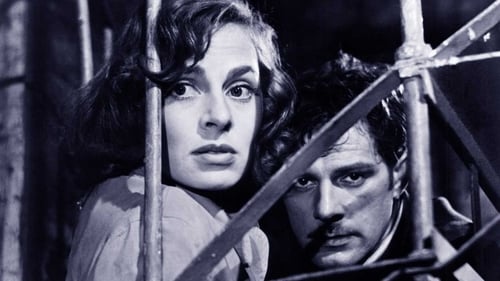
Screenplay
Soviet, British, French and American allies patrol post-war Vienna.

Writer
A sailor on leave meets a beautiful girl on the ski slopes of Switzerland.
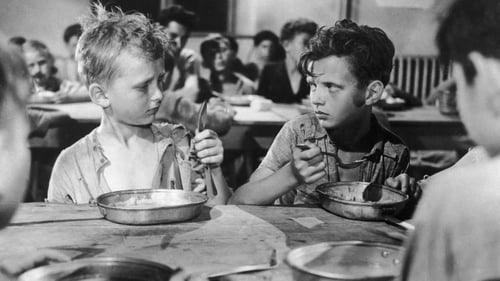
Screenplay
Na Berlim do pós-guerra, um soldado americano ajuda um menino Tcheco perdido a encontrar sua mãe. Um menino Tcheco de nove anos de idade, mudo, sobrevivente de Auschwitz, foge de um centro de refugiados na Alemanha no pós-guerra e é encontrado por um soldado americano. Ao mesmo tempo, a mãe do menino, o único membro sobrevivente de sua família, procura pelo seu filho em Centros de Refugiados. Tempo, distância, e o enorme número de crianças refugiadas são fatores que dificultam o reencontro de mãe e filho.
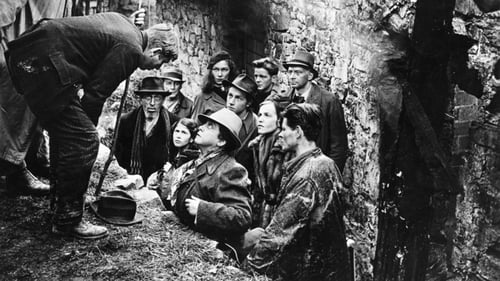
Writer
Escaping a Nazi prison train in war-torn Italy, an American and a British soldier set out for the Swiss border and find themselves leading a multi-national party of refugees for the Italian underground.
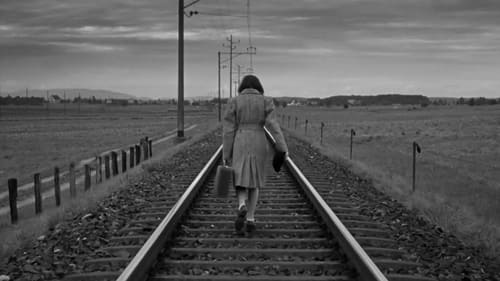
Story
The titular Marie-Louise is a young French lass who is evacuated to Switzerland when her country is overrun by the Nazis. Suffering a nervous breakdown, she is given comfort and shelter by a wealthy family. Unfortunately, living in the lap of luxury makes Marie-Louise hesitant to return home to her mother and war torn home. Eventually the girl comes to her senses, but it isn't easy.

Writer
The titular Marie-Louise is a young French lass who is evacuated to Switzerland when her country is overrun by the Nazis. Suffering a nervous breakdown, she is given comfort and shelter by a wealthy family. Unfortunately, living in the lap of luxury makes Marie-Louise hesitant to return home to her mother and war torn home. Eventually the girl comes to her senses, but it isn't easy.

Writer
In Bern above Junkerngasse 54 the caretaker has died - the old Hutzli. On the day on which he was buried, it's started again, this howling in the middle of the night - scary. Since then, no one dares to live there.
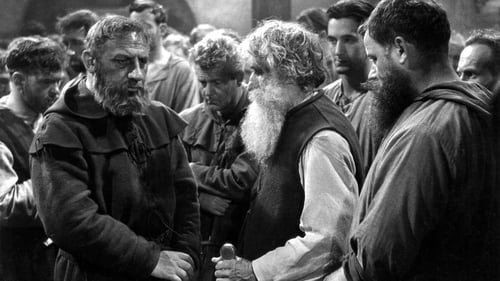
Writer
Switzerland in the 13th century: Shot in the middle of World War II, this classic film returns to the origins of Switzerland and turns about the problem of the small country against a big power: Resist or obey?
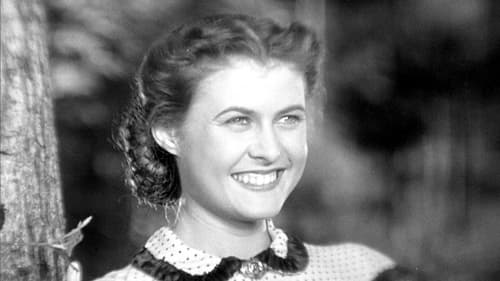
Screenplay
While on a longer business trip, a wannabe poet urges his beautiful but more simple wife to answer his overly swollen love letters. With no idea how to respond she forwards the letters to a new young school teacher to use his answers instead...

Writer
A policeman is not convinced that the prime suspect in a murder case is realty guilty and so decides to reinvestigate the case, despite the lack of co-operation from locals.

Writer
This film was mainly shot in the Japanese skiing resort Hokkaido in 1937-38 and was intended to create support for the coming winter olympics of 1940 in Japan which however were cancelled because of the Japanese-Chinese war. A Japanese production, it was nevertheless made with German involvement in the form of skiing champion Sepp Rist and celebrated cinematographer Richard Angst (who also contributed to the script). Both had regularly worked with the inventor of the mountain film genre, Dr. Arnold Fanck, who had helmed the German-Japanese co-production "Die Tochter des Samurai", also shot by Angst, the year before. Angst apparently stayed in Japan until mid-1939 when he returned to Germany, carrying this film with him. Angst submitted it to the German censors later that year, but for reasons unknown to me it took three more years before the film was finally shown in Germany under the name "Das heilige Ziel" (The Holy Aim). (Karargara)

Writer
A mountain film set around the popular ski pass in the 1930s.

Director
A mountain film set around the popular ski pass in the 1930s.

Writer

Director

















